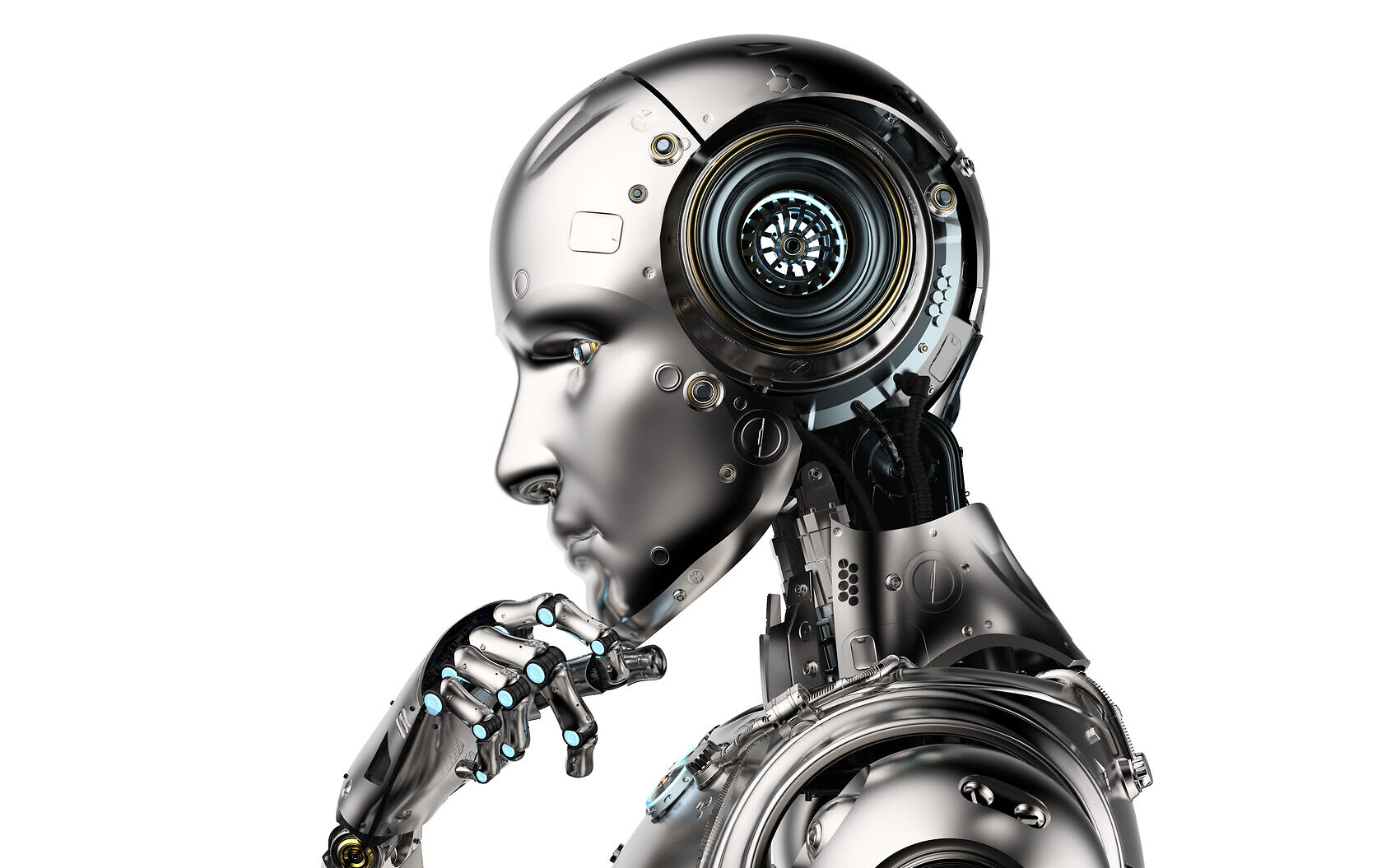The concept of AI in social good refers to actions or initiatives that benefit society as a whole, promoting well-being, equity, and positive impact on communities. It encompasses various areas such as health, education, environment, disaster response, and social justice. Social good initiatives aim to address societal challenges, reduce inequalities, and create positive change in the world. It is an important aspect of responsible and ethical technology development, as it focuses on leveraging technology for the betterment of humanity.
Artificial Intelligence (AI) is a rapidly advancing field of technology that involves the development of computer systems that can perform tasks that typically require human intelligence, such as learning, problem-solving, decision-making, and perception.
AI has the potential to revolutionize various industries and has already found applications in areas such as healthcare, agriculture, transportation, and finance. AI can analyze large datasets, generate insights, and automate processes, enabling more efficient and effective solutions to complex problems.
When applied in the context of social good, AI can help address critical social issues, optimize resource allocation, and drive positive societal change by providing data-driven insights, optimizing decision-making, and augmenting human capabilities. However, it is crucial to ensure that AI applications for social good are developed and deployed responsibly, with a strong focus on ethical considerations, fairness, and inclusivity, to ensure that the benefits are widespread and accessible to all.
Harnessing AI for Social Good: Real-World Examples
There are already numerous real-world examples of how AI is being harnessed for social good. For instance, in disaster response and humanitarian aid, AI is used to analyze and process data from various sources such as social media, satellite imagery, and sensor networks to provide real-time situational awareness, facilitate search and rescue efforts, and aid in disaster recovery planning.
In healthcare, AI is used for early disease detection, personalized treatment plans, and telemedicine, making healthcare more accessible and efficient, especially in underserved communities. In environmental conservation, AI is used for wildlife monitoring, habitat mapping, and illegal poaching detection, aiding in conservation efforts and protecting endangered species.
Additionally, in education, AI is being used for personalized learning, adaptive assessments, and bridging the digital divide to provide quality education to marginalized communities. These real-world examples highlight the immense potential of AI in addressing social challenges and creating positive social impact, demonstrating how technology can be a powerful tool for social good.
Best Practices for Responsible AI in Social Good
Collaborative Approaches and Multidisciplinary Partnerships: Responsible AI in social good initiatives involve collaboration among various stakeholders, including technologists, policymakers, domain experts, and affected communities. This collaborative approach ensures that diverse perspectives are considered, ethical guidelines are followed, and potential biases and risks are addressed. Multidisciplinary partnerships allow for a holistic approach to problem-solving and the development of contextually relevant and sustainable AI solutions.
Incorporating Ethical Guidelines and Frameworks: Responsible AI initiatives requires adherence to ethical guidelines and frameworks that prioritize fairness, transparency, accountability, and inclusivity. Ethical considerations should be integrated into every stage of the AI development lifecycle, including data collection, algorithm design, model training, and deployment. This involves avoiding biased data, transparently documenting and explaining AI decisions, and establishing mechanisms for human oversight and intervention. Incorporating ethical guidelines and frameworks ensures that AI technologies are developed and deployed in a manner that aligns with societal values and respects human rights, promoting responsible and ethical AI practices in social good initiatives.
Conclusion: A Call to Action for AI

In conclusion, the use of Artificial Intelligence (AI) in social good initiatives has the potential to create a significant positive impact on communities and address pressing social challenges. However, it is crucial to approach AI for the social good with responsibility, ethics, and inclusivity.
Collaborative approaches, incorporating ethical guidelines, and multidisciplinary partnerships are essential best practices that should be followed to ensure responsible and ethical AI deployment in social good initiatives.
By harnessing the power of AI in a responsible manner, we can leverage technology to drive positive social change, promote equity, and create a better world for all. It is a call to action for all stakeholders to prioritize responsible AI practices in social good initiatives and work towards leveraging AI for the betterment of humanity.
Also Read: – AI can increase the GDP of a country but how?













